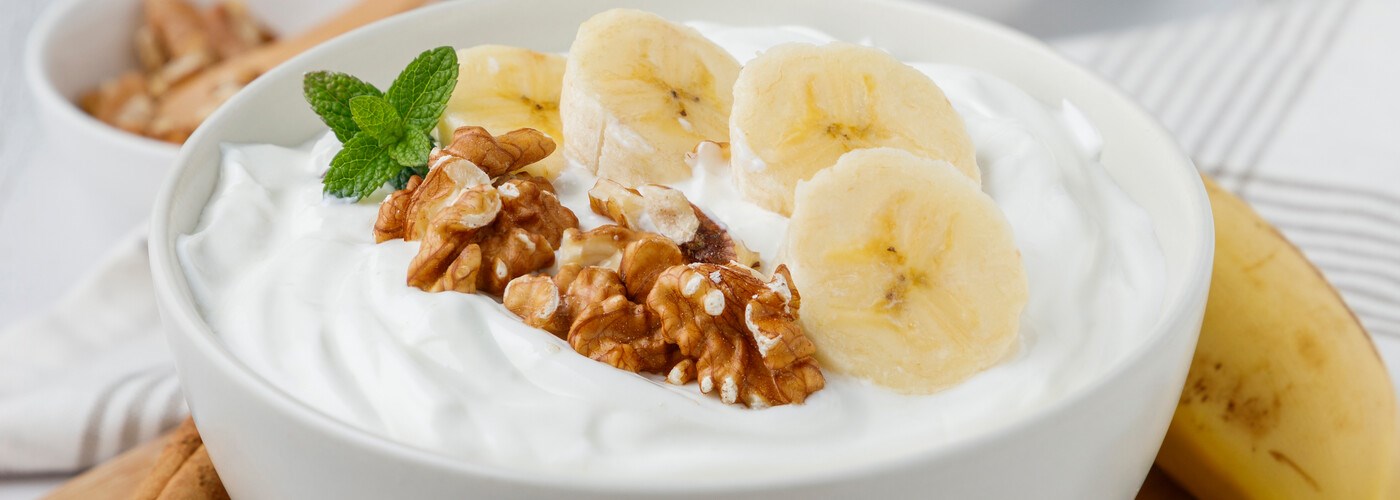What is cholesterol?
Cholesterol is a naturally occurring substance made by the liver and required by the body for the proper functioning of cells, nerves and hormones. It is made up of various types of lipids (types of fat): HDL (“good”) lipids are beneficial for our heart, while LDL (“bad”) and triglycerides are the unhealthy lipids that cause issues within the arteries.
While your body needs cholesterol, excess cholesterol can build up and form a fatty plaque on the walls of the arteries, decreasing the flow of blood to vital areas of the body. A long-term build-up of these plaques can significantly increase the risk of a heart attack or stroke.
What causes high cholesterol?
An unhealthy diet lacking in vegetables and good fats, but high in trans fats and refined carbohydrates can disrupt the delicate balance of your cholesterol levels. An imbalance of high LDL and low HDL increases the risk to your health. Other causes of high cholesterol include physical inactivity, diabetes, stress and genetic influences.
The lipid profile blood test measures the levels of cholesterol and triglycerides in the bloodstream. If your results exceed the set ranges, your GP may prescribe statins for high cholesterol.
Consider taking a Coenzyme Q10 supplement alongside your medication as statins can deplete this powerful antioxidant, which helps to protect the heart and arteries from oxidative damage.
What should I eat to help manage my cholesterol?
The good news is that adjusting your diet can also help your cholesterol levels. The following foods are helpful in reducing LDL cholesterol while increasing HDL cholesterol:
Vegetables: rich in vitamins, minerals and fibre.
Olive oil: helps to improve cardiovascular profile.
Nuts and seeds: rich in fibre and healthy fats and associated with lower levels of total and LDL cholesterol and decreased triglycerides.
Oily fish: Omega 3 fatty acids can help to decrease cholesterol levels and relieve inflammation to enhance heart health.
Turmeric: the powerful anti-inflammatory, curcumin, has been shown to reduce levels of total and LDL cholesterol.
Garlic: research shows that garlic could benefit cholesterol levels as well.
Beans and legumes: contain certain types of dietary fibre known to remove excess cholesterol from the gut.
Green tea: studies show green tea, which is rich in antioxidants, can decrease levels of total and LDL cholesterol.
Avocados: high in fibre, potassium and healthy fat, not only have avocados been shown to increase levels of good HDL cholesterol, but they can also reduce total and LDL cholesterol.
Dietary fibre: it’s found in foods such as broccoli and whole grains and can help lower total and LDL cholesterol.
Anthocyanins: the beneficial flavonoid compounds found in berries have been shown to decrease levels of LDL cholesterol in overweight people.
As well as eating a whole food diet rich in these important nutrients, remember to minimise your intake of sugar, alcohol and trans fats to promote healthy cholesterol levels.
Did you know?
According to research published in the BMJ in May 2018, eating an egg a day is significantly associated with a lower risk of heart disease and strokes.

